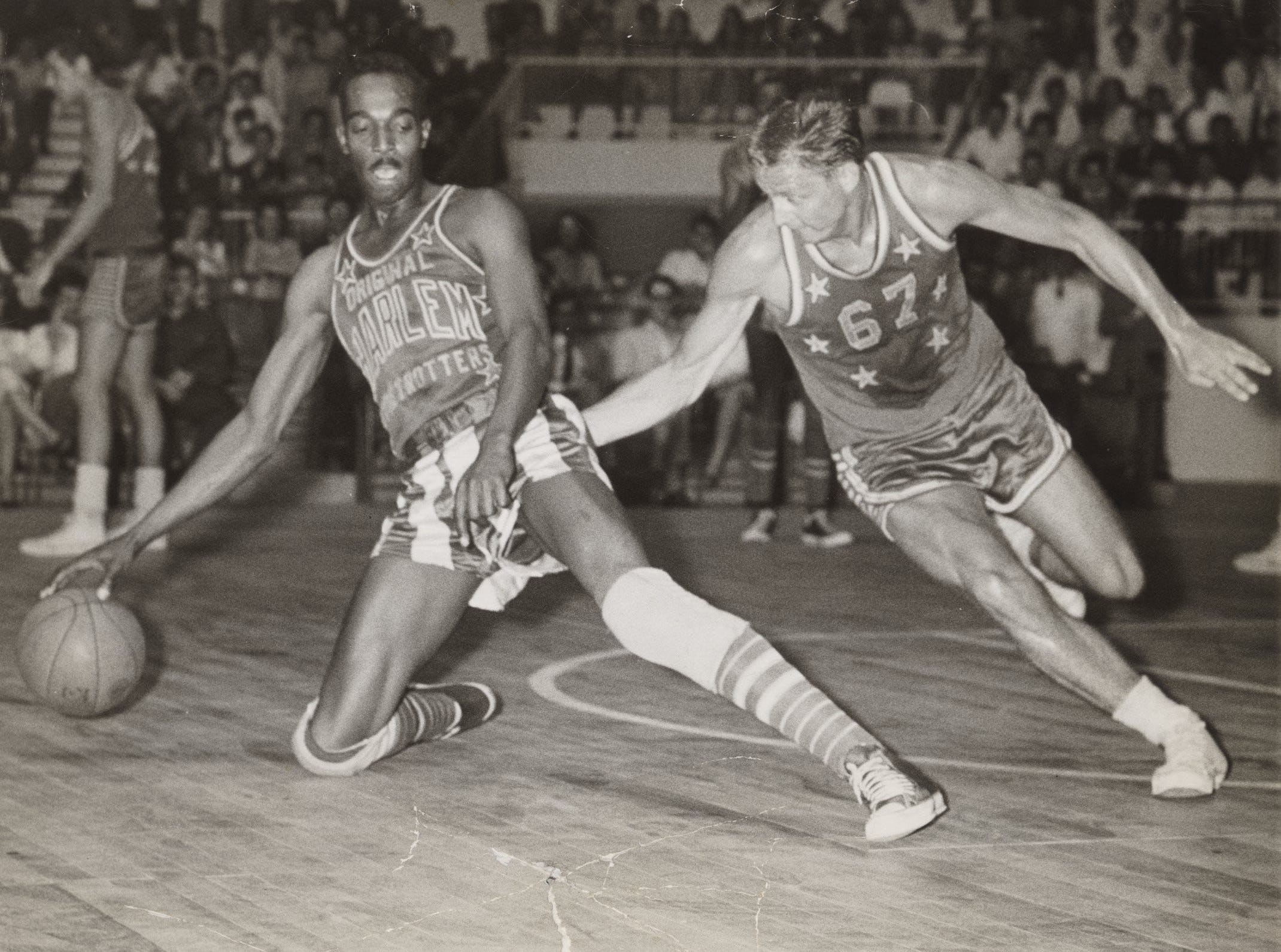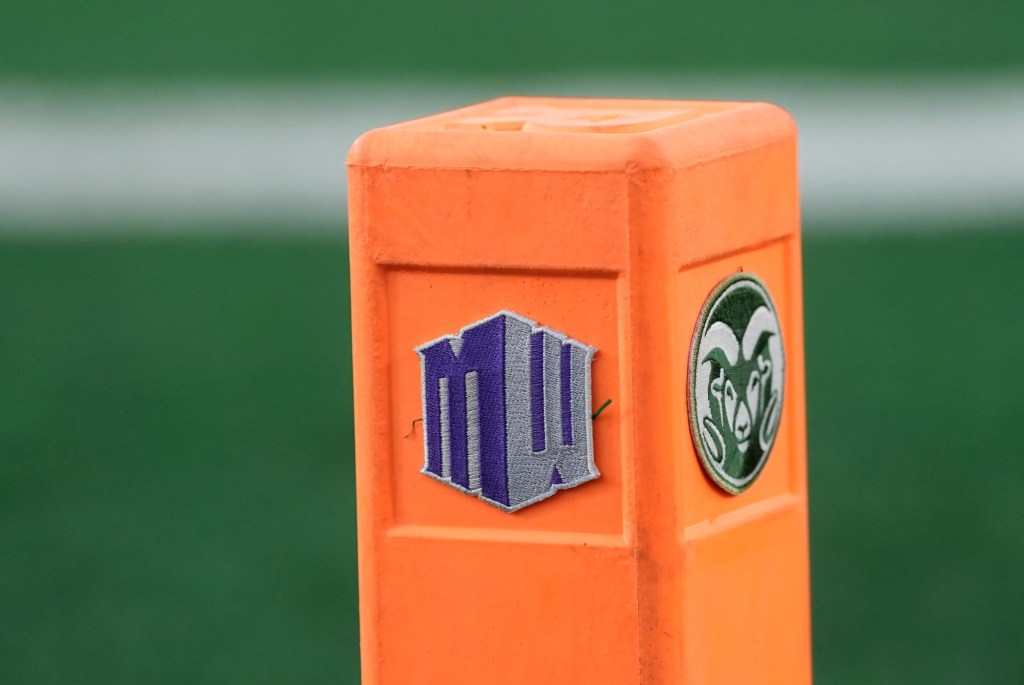UPDATE: Renowned bassist and vocalist Mali Obomsawin is set to electrify the Bay Area with her Indigenous jazz score for the upcoming National Geographic documentary “Sugarcane,” screening on November 7 at 7:30 p.m. at Stanford University’s Bing Concert Hall and November 8 at 8 p.m. at the Freight & Salvage in Berkeley. This performance marks a significant moment in the ongoing Indigenous renaissance within the jazz scene.
Obomsawin, a proud citizen of the Odanak First Nation in Quebec, is at the forefront of a creative movement that merges traditional Native American influences with contemporary jazz. “It is a new era, an Indigenous renaissance, and it’s so exciting to be part of it,” she shared in a recent conversation from her home in Brooklyn.
The documentary “Sugarcane” highlights the painful history of abuse at Indian residential schools in Canada, a system that began in 1894 and did not fully cease until 1997. Obomsawin’s evocative score accompanies the film’s exploration of these harrowing narratives, focusing on children stripped of their languages and cultures.
“In my culture, you often listen a lot more than you speak,” Obomsawin explained. Her music reflects the vast landscapes depicted in the film, creating a poignant soundscape filled with silences and unresolved harmonies. The score invites the audience to absorb the profound truths being conveyed through imagery, allowing the haunting beauty of the land to resonate.
Joining Obomsawin for these performances are Boston guitarist Magdalena Abrego and New York-based wind player Yuma Uesaka, both of whom complement her innovative sound. The trio’s improvisational style draws inspiration from various genres, including free jazz and folk music, resulting in a vivid auditory experience reminiscent of Neil Young’s score for Jim Jarmusch’s “Dead Man.”
As Obomsawin prepares for this highly anticipated performance, she reflects on her deep South Bay roots. Her grandfather was a jazz mandolinist who toured extensively, and her father, guitarist Tom Obomsawin, was a staple in the San Jose music scene. “He was deeply embedded in the scene,” she recalled.
Obomsawin first emerged on the Boston folk music scene with the trio Lula Wiles, but has since transitioned to leading her own projects, including the roots rock band Deerlady and her primary ensemble, the Xtet, which explores free jazz and Native American music.
Her journey through jazz emphasizes the importance of authenticity and self-expression, echoing the core values of the genre. “Indigenously, we step forward into this circle of the people who care about this music,” she stated. “What’s most important is delivering authentically what you have to say.”
The Bay Area shows are not just performances; they are a celebration of Indigenous culture and a testament to the resilience and creativity of Native American musicians. Tickets are priced between $16 and $59.40 for the Stanford event and $24 to $44 for the Berkeley performance.
Don’t miss this groundbreaking opportunity to witness a unique confluence of Indigenous heritage and jazz innovation.
For more information and to purchase tickets, visit live.stanford.edu and thefreight.org.
The impact of Obomsawin’s work extends beyond the stage—it serves as a powerful reminder of the importance of storytelling through music. As jazz continues to evolve, artists like Mali Obomsawin are redefining its boundaries and enriching its narrative with Indigenous voices.







